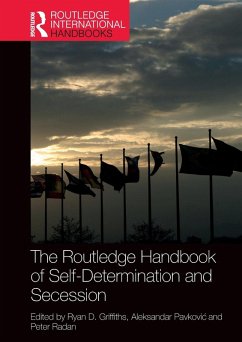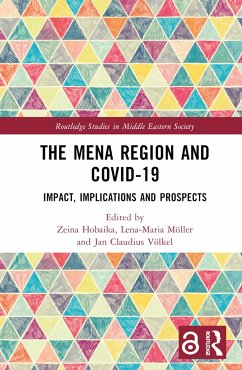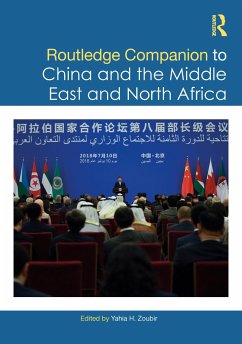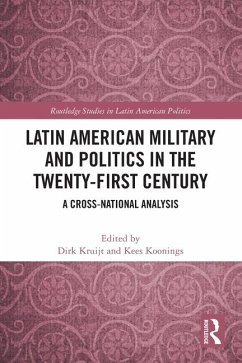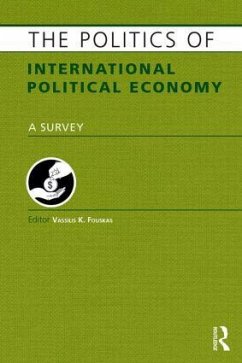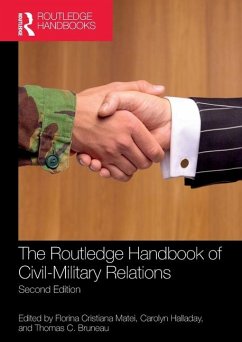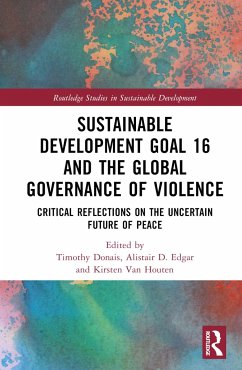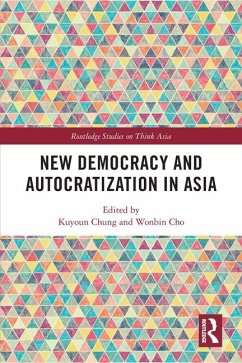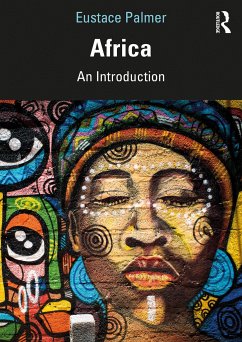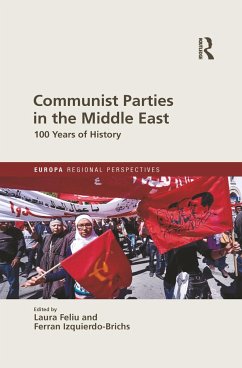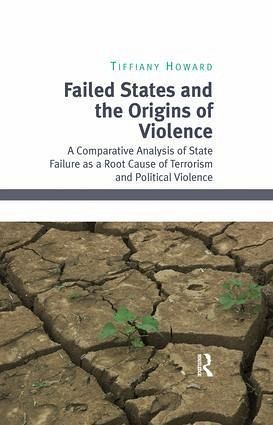
Failed States and the Origins of Violence
A Comparative Analysis of State Failure as a Root Cause of Terrorism and Political Violence
Versandkostenfrei!
Versandfertig in 6-10 Tagen
56,99 €
inkl. MwSt.

PAYBACK Punkte
28 °P sammeln!
What makes a terrorist? Is an individual inherently predisposed to be attracted to political violence or does exposure to a certain environment desensitize them in such a way that violence represents a viable mode for addressing political grievances? Identifying state failure as the impetus for political violence this book addresses these questions and focuses on why existing extremist groups find failed states so attractive. Utilizing global barometer data, Tiffiany Howard examines the underpinnings of individual support for political violence and argues that an insidious pattern of deprivati...
What makes a terrorist? Is an individual inherently predisposed to be attracted to political violence or does exposure to a certain environment desensitize them in such a way that violence represents a viable mode for addressing political grievances? Identifying state failure as the impetus for political violence this book addresses these questions and focuses on why existing extremist groups find failed states so attractive. Utilizing global barometer data, Tiffiany Howard examines the underpinnings of individual support for political violence and argues that an insidious pattern of deprivation within failed states drives ordinary citizens to engage in and support extreme acts of political violence. A rigorous examination of four regions plagued by a combination of failed states and political violence-Sub Saharan Africa, The Middle East and North Africa, Southeast and South Asia, and Latin America-this text draws parallels to arrive at a single conclusion: that failed states are a natural breeding ground for terrorism and political violence.





